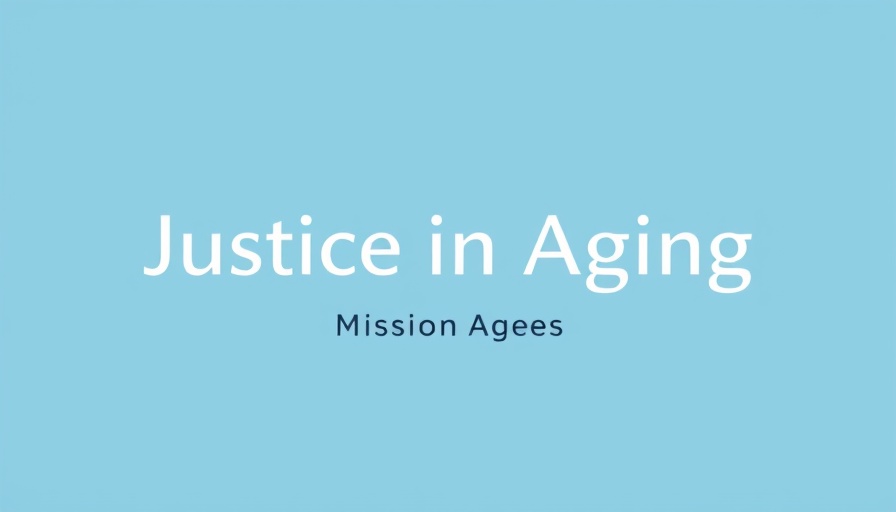
The New Year Brings Painful Drug Price Increases for Seniors
As 2024 unfolds, an alarming trend is emerging in the pharmaceutical world: drug prices are set to increase for over 500 medications starting in January. Major players in the industry, including Pfizer, Sanofi, and Takeda, will raise prices on their products, causing potential distress for seniors who rely heavily on these medications. With more than 140 brands affected by this increase, the latest data from healthcare research firm 3 Axis Advisors reveals that these price hikes are part of a larger narrative surrounding healthcare costs and market strategies.
Understanding the Broader Context of Drug Pricing
Recent legislative efforts, particularly the Biden Administration’s Inflation Reduction Act, aim to regulate drug pricing through direct negotiations for certain high-cost medications. This law enables Medicare to negotiate prices directly, starting in 2026. As a reaction, pharmaceutical companies appear to be bumping up prices now, potentially as a hedge against future negotiations that could cut into their profits. Despite fears of price increases due to ongoing inflation and global supply chain disruptions, the median price hike is anticipated to remain relatively modest, with increases generally below 10%. This is in stark contrast to previous years where price hikes could exceed 10% or more.
Adapting Strategies Amid Legislative Changes
Corporate responses to the changing landscape of drug pricing reveal a struggle between maintaining profitability and adhering to new regulatory environments. For instance, Eli Lilly announced substantial price cuts on key insulins like Humalog and Humulin, aiming for a 75.8% and 70% decrease, respectively. These strategic cuts come after years of backlash against soaring pharmaceutical prices, signaling a calculated approach to avoid stiff penalties outlined under the American Rescue Plan Act.
The Voices of Concern: The Impact on Seniors
For many seniors, the reality of these price hikes means rising medication costs at a time when budgets are already stretched thin. The National Council on Aging has expressed significant concern that cost-related medication nonadherence will increase as prices creep higher. With many seniors living on fixed incomes, the anticipation of increased healthcare costs poses a significant threat to their health and well-being. As prices soar, many seniors may face difficult decisions between keeping up with their medication regimens and other essential living costs.
What Lies Ahead? Future Price Trends
Looking ahead, analysts predict that drug price increases will remain a hot topic as more companies exhibit disclosures of upcoming hikes. While January has historically marked a spike in price adjustments, current backlash against previous years has moderated the extent of increases. Some experts expect additional announcements as the month progresses, signaling a potential rise in overall spending for consumers. However, the complexity of rebates and net pricing means that the reality at the pharmacy counter may not reflect the list prices healthcare companies announce.
Preparing for Changes in Your Pharmacy Costs
Seniors would be wise to remain vigilant about potential changes in their medications' pricing and any shifts in their insurance plans that could impact out-of-pocket costs. Engaging in discussions with healthcare providers regarding alternatives or generic medications might provide financial relief. Additionally, remaining informed about legislative changes can empower seniors to advocate for fair pricing in the healthcare system.
Conclusion: A Call for Vigilance
For seniors navigating the complex and often frustrating landscape of prescription drug prices, it's essential to stay informed and proactive. As the pharmaceutical industry shifts and reacts to new regulations, the burden of these price increases may fall disproportionately on older generations. By staying engaged and advocating for transparent pricing practices, seniors can play an active role in shaping the future of their healthcare costs.
 Add Row
Add Row  Add
Add 




 Add Row
Add Row  Add
Add 

Write A Comment